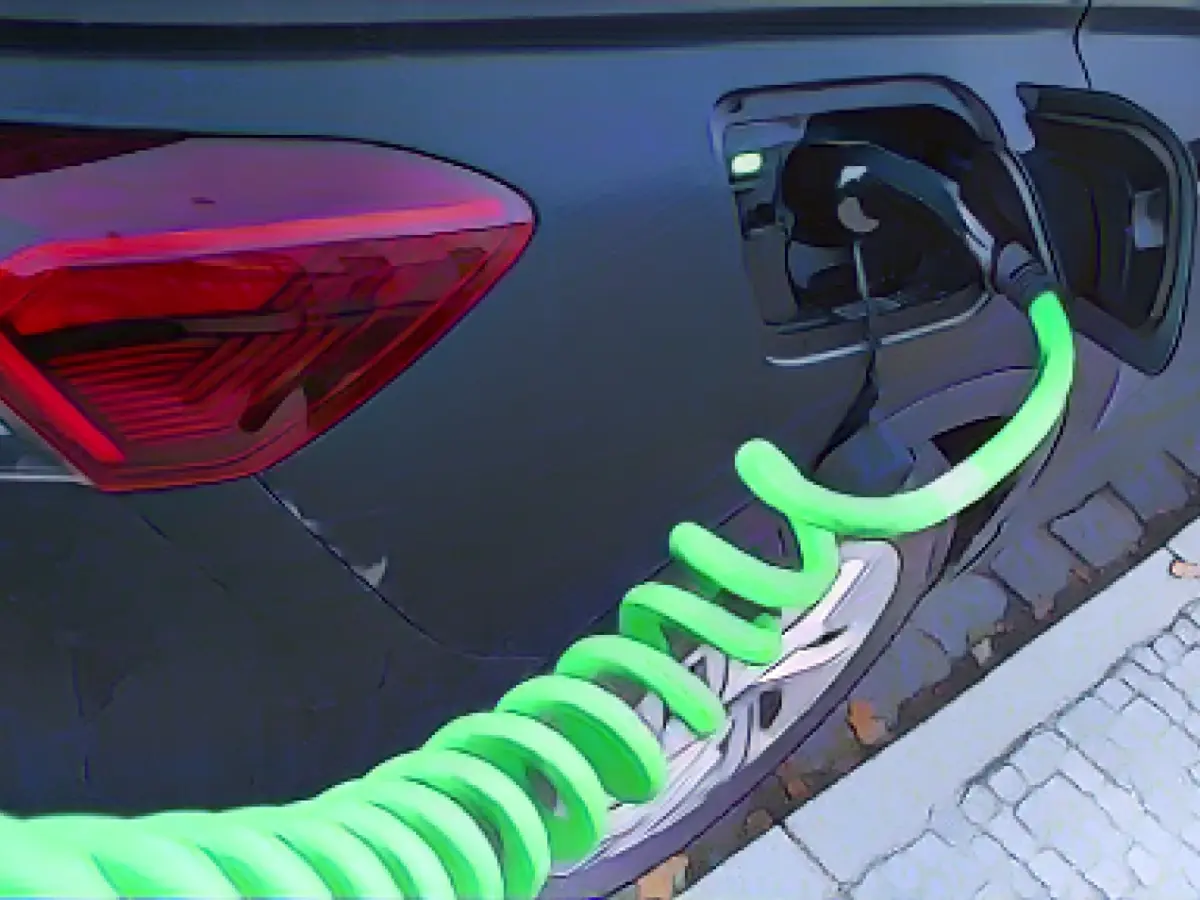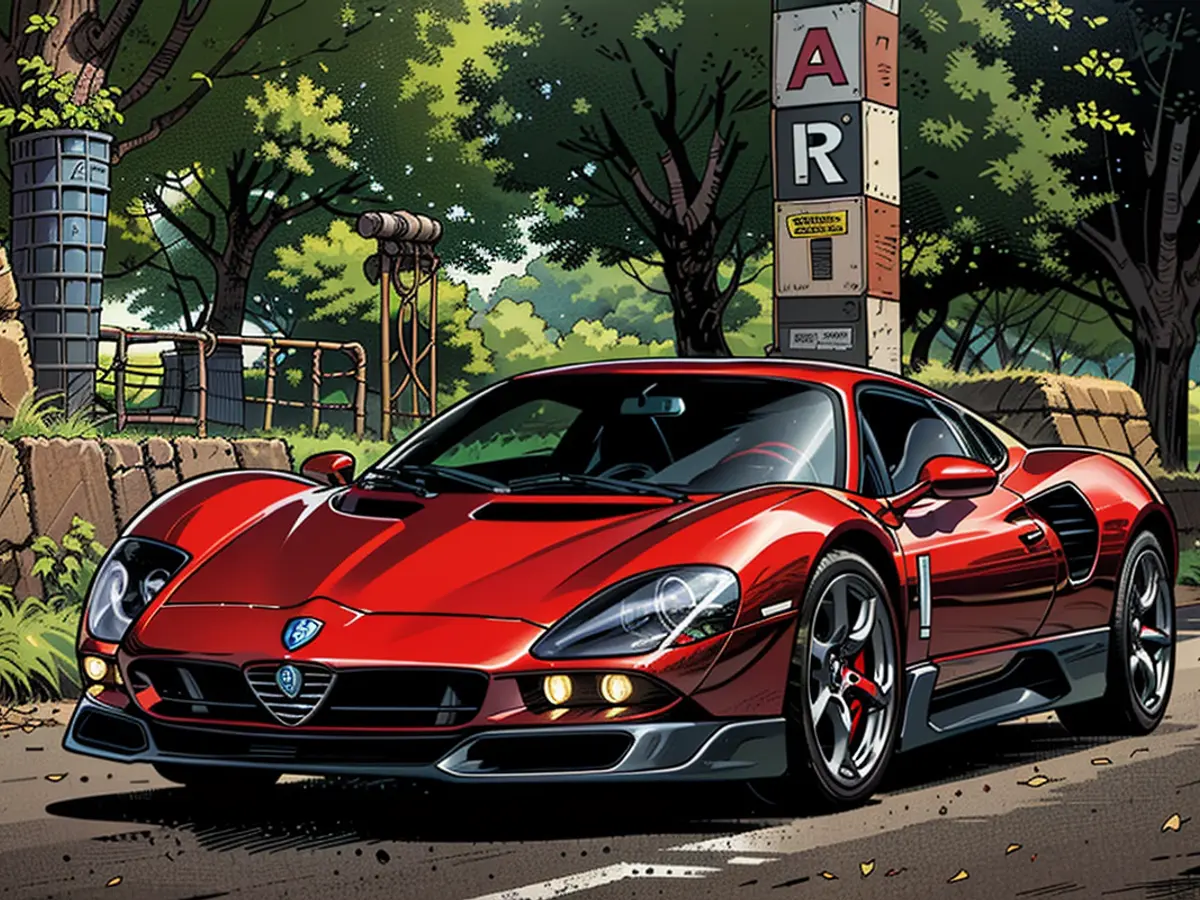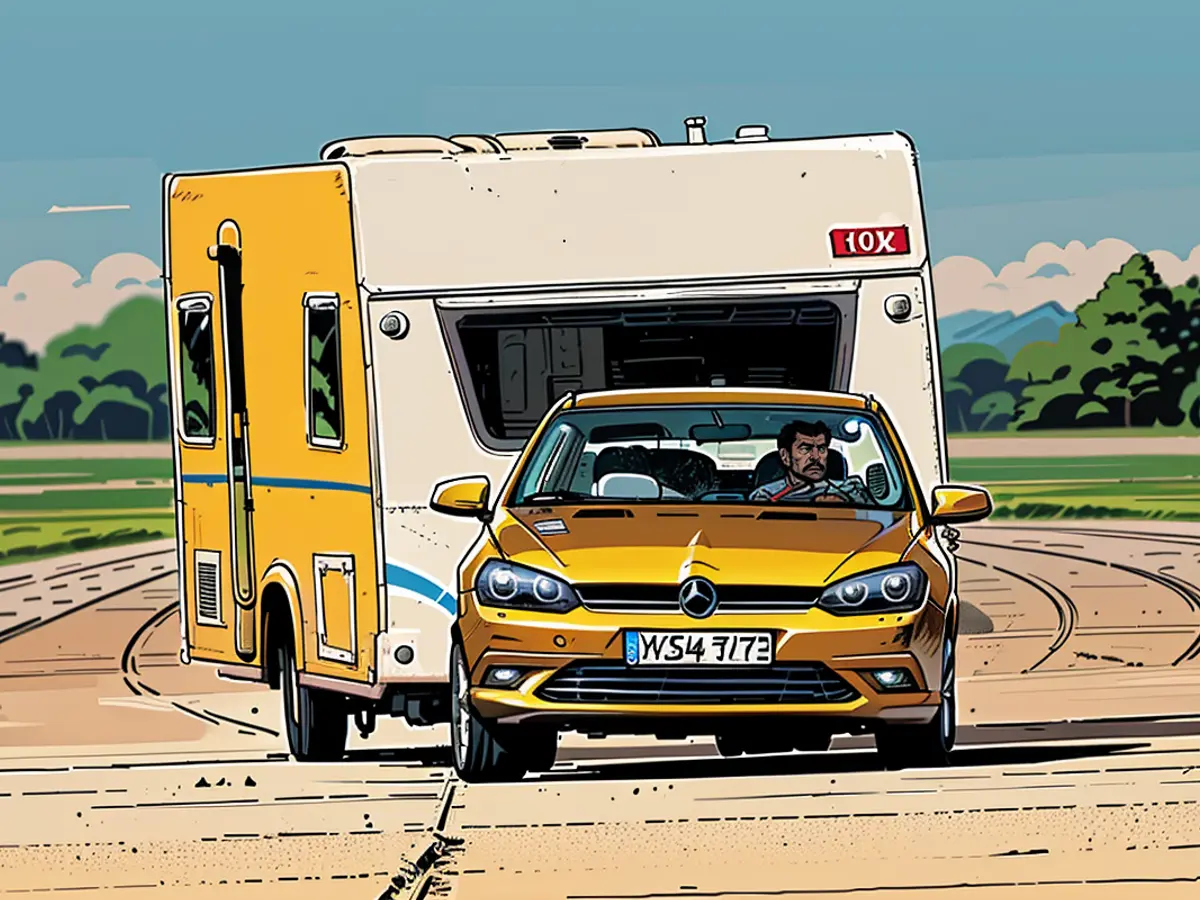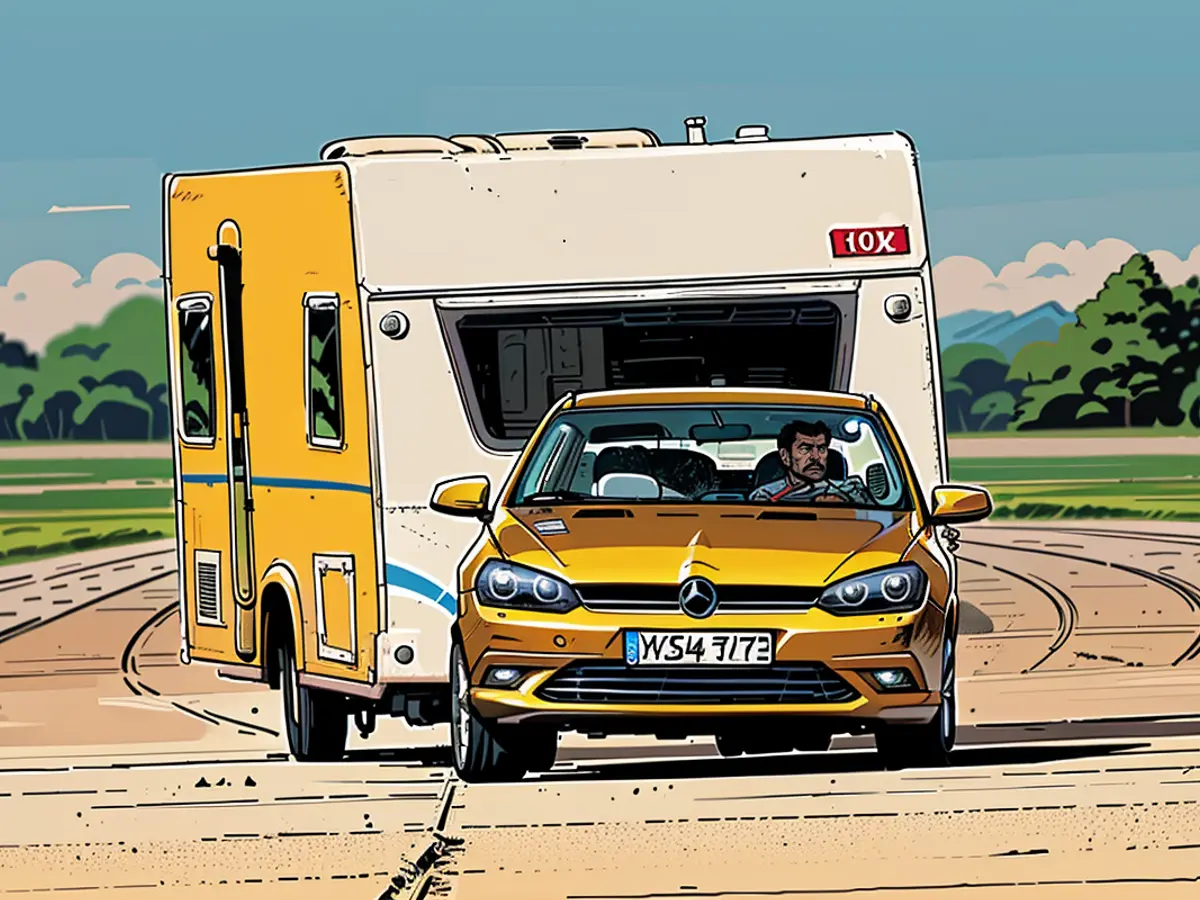Electric Car Bonuses: The Airbrakes on Green Mobility's Momentum!
In Meppen, Emsland, the local administration had an uncommon understanding: they expeditiously opened their registration office on Christmas Sunday, allowing last-minute electric car buyers to secure their state aid before the funding ends. Twenty-four car owners capitalized on this two-hour opportunity and ensured their share of the government-allocated 100,000 euros bonuses for their climate-friendly vehicles. As the subsidy pot seals off without a moment's notice from the government, they'll be the final beneficiaries. The generous sum represents the maximum subsidy amount per car - 4,500 euros.
It's fascinating to observe the curious conundrum that prevails in other districts: those who opted against modern electric cars amidst political appeals, industry push, escalating climate crisis, and cash incentives get rewarded. Diesel fuel continues to enjoy lavish taxpayer subsidies, despite mounting pressure to save funds. The public purse sheds an estimated 1.5 billion euros yearly on diesel subsidies. A modest 1.3 billion euros were initially allocated for the now-cancelled electric vehicle subsidy program in 2024.
The government orchestrates an unexpected about-face just before finalizing its austerity program. They promised to cut emissions-damaging subsidies in their quest to comply with the debt ceiling unraveled by Karlsruhe. However, they maintained that the majority of non-electric subsidies, including diesel subsidies, can still survive financial constraints. Instead, they chose to minimally impact the future of e-mobility, proscribing government support for cargo bikes.
Germany's Slip Behind in the Global EV Race
The eventual consequences of this hasty decision will prove disastrous. The global advance of electric cars will continue, overcoming political limitations imposed on the German market. Electric car manufacturers have invested extensively in the sector and developed cutting-edge technology. The unwavering ambition from Chinese and American manufacturers, with substantial government support, will leave Germany trodden underfoot as they capitalize on the opportunity to electrify global markets.
Politicians often cite reasons why diesel subsidies cannot be abolished - but if this is a common critique, why jeopardize the trust of those who opted for an electric future? Such people - driven by environmental concerns, pleasant driving experiences, or government incentives - became the unwilling victims of this emotional rollercoaster.
In early 2023, potential electric car purchasers were advised to act quickly, with manufacturers promising to prioritize deliveries before the subsidy period ended. However, the market saw a turnaround, and many manufacturers and dealers miscalculated. As a result, they had surplus stocks to dispose of, but electric car registrations were no longer possible.
This unfavorable turn of events impacts consumers adversely but, strangely, politicians view this as intact 'creditworthiness' among diesel buyers. In contrast, the trust of electric car enthusiasts, who might've made their purchasing decisions due to climate concerns or subsidies, is thrown to the wind.
Not Just a Setback for Subsidized Consumers
Politicians may have decided, based on their assessment of appeased subsidized EV buyers, that any resentment is an acceptable price to pay. Yet, the termination of electric vehicle incentives has broader ramifications beyond the occasional annoyance of a few Tesla and VW ID.buzz enthusiasts. Germany's entire electric car ecosystem - consisting of manufacturing companies, suppliers, dealerships, and customers - is under threat.
The shift from fossil fuels to electric driving has been on the political agenda for more than a decade. The industry has demonstrated hesitance to transition, but politicians have nonetheless promised to facilitate a smooth changeover at minimal cost. Despite market forces acting to enforce the transition, it is inevitable that job losses will occur. The German government launched a much-lauded car battery factory subsidy program to ensure continued production in the country. Customers, suppliers, manufacturers, and investors all rely upon an ordered transition, favoring electric-powered cars over combustion engines, also enabled by governmental backing.
Recently, the transition to electric vehicles has picked up speed, driven by significant strides in the technology and manufacturing capabilities of manufacturers. However, the German government has chosen to abruptly apply the brakes, inviting severe consequences for the nation's economy and its commitment to the climate.
This article was first published on capital.de.
Additional Insights
- German authorities halted electric car subsidies due to national budget constraints, impacting both vehicle sales and manufacturers alike[1].
- Electric vehicle adoption in Germany has suffered due to the abrupt decision, as shown by a fall in vehicle registrations by 27% in 2024, making it smaller than the UK's EV market[1].
- The uncertainties around the industry's transition to electric cars have created abundant confusion and uncertainty, with high energy costs, burdensome bureaucracy, and the lack of a well-established strategy further complicating the situation[2].
Sources:
[1]
[2]







